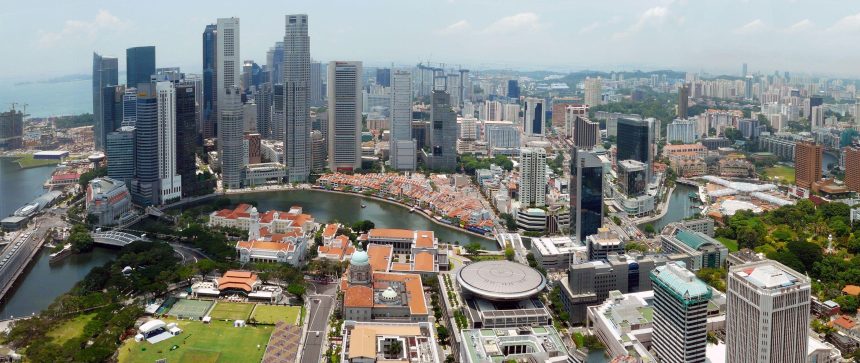Securing building plan approval in Lagos has become an increasingly costly and sometimes frustrating process, but it remains an unavoidable step for anyone hoping to build legally within the state. Whether you are a first-time homeowner or a seasoned property developer, approval from the relevant authorities is the only way to ensure compliance with safety and regulatory standards before construction begins.
Building plan approval serves as a legal safeguard, confirming that a structure meets structural, environmental and aesthetic requirements. Without it, a building risks being deemed illegal, exposing owners to penalties, demolition orders or difficulties in selling, insuring or transferring ownership in the future. For communities, approvals also help maintain order and harmony, ensuring developments fit within the broader urban plan of the state.
The fees associated with this process have risen steadily over the years. What used to be modest payments have now grown to cover more stringent regulatory checks and higher compliance demands. The total amount spent depends on several factors, including the size and complexity of the building, the location of the property and whether the structure is residential or commercial. For instance, architectural drawings may cost anywhere from ₦150,000 to ₦500,000, while structural drawings can range between ₦35,000 and ₦100,000. In addition to these, there are registration charges, layout fees and other levies that applicants must settle.
Obtaining approval generally requires a number of documents such as survey plans, architectural and structural designs, soil tests and proof of ownership. Once submitted to the Lagos State Physical Planning Permit Authority, the application undergoes a review that should ideally take about 28 days. However, delays are common, often due to bureaucratic hurdles or requests for additional documents. The Lagos State Building Control Agency also carries out inspections during or after construction to ensure ongoing compliance.
For many applicants, challenges include hidden costs, long waiting periods and the complexity of navigating regulatory requirements. These obstacles make the process burdensome, especially for individuals or small developers working with limited budgets. Still, the cost of ignoring approval can be far greater, ranging from legal battles to the outright loss of investment if a building is demolished for non-compliance.
Industry professionals advise that applicants can save time and money by ensuring documents are complete and professionally prepared before submission. Engaging architects and engineers who are familiar with Lagos’ approval system can also prevent costly mistakes. Staying informed about regulatory changes and fee updates further reduces the likelihood of unpleasant surprises.
Commercial structures generally attract higher fees than residential ones, a reflection of their complexity and potential economic impact. Attempting to disguise a commercial development as residential in order to pay less is risky and can lead to penalties or reclassification.
As Lagos continues to expand rapidly, the demand for building approvals will only intensify, and costs are likely to keep climbing. While reforms to streamline the process may emerge in the future, for now applicants must prepare for both financial and bureaucratic challenges. Ultimately, securing building plan approval is not just about legality; it is about protecting investments, ensuring safety, and contributing to the orderly growth of one of Africa’s fastest-growing cities.
Source: lawclinicpro



